In 2017, Amity Bros–a production company spearheaded by Erik Saras, Sam Boase-Miller, and Dan Lovley–brought listeners Marsfall, an audio fiction about colonists on Mars. The podcast features a large cast, and each episode is told from alternating POVs between the characters.
The podcast was groundbreaking. While it started off as something new, innovative, and exciting, nothing could have prepared listeners for how groundbreaking it would become. Marsfall broke the concept that audio fiction can’t have successful battle scenes or feel just as cinematic as any film or TV show. Marsfall‘s first season is an inquiry in exploration, the complex motivations of others, and the concept of humanity.
In anticipation for their second season–which you can support via their Indiegogo campaign–I sat down with the creators to discuss season one and what listeners can expect in season two.
To start, can you all introduce yourselves and your roles on Marsfall?
Erik Saras: I am the director. I am one of the co-writers and co-creator like everyone else, and I put together the greater, bigger parts of the story, the overarching story of the series, and write the episodes. When we get to the studio I direct the sessions, and organize the behind-the-scenes stuff like scheduling and dealing with all the admin kind of stuff.
Dan Lovley: I also am a co-writer. Along with Erik, I’m a co-creator with everybody, and I am also the voice of ANDI and a couple other roles, smaller things here and there. I think something that all three of us kind of do is advise each of the other two: whereas obviously Erik is having a direct role advising me as director for acting, Sam often has like really good input that he’ll share. So I think we work well as a trio that kind of supports and challenges each other.
Sam Boase-Miller: I am the voice of Chip Heddleston and composer of all the original music. I would also say that I’m one of the co-creators and co-editors of the scripts. We all kind of are on, I guess you would call it . . . quality control. All three of us are kind of on quality control for each other. It really helps to have three people to kind of balance tasks out–two people can dive really deep into one thing like Dan and Erik as the co-writers, and then I can lend a helpful nudge in one direction or the other (or an unhelpful nudge) in one direction as the case may be, or as is warranted. Erik definitely functions as well as the music editor because, Erik, as well as I was, is a classically trained musician, and he’s also a composer and editor in his own right.
How would you describe Marsfall for the readers who haven’t listened yet?
Saras: Marsfall is a science fiction adventure story following some of the first colonists to settle on Mars and it’s set in the relative near future. It’s prepared us for what’s to come with the way technology and society is headed in the current age that we live in right now. We purposefully did not want to set it really far in the future, and we wanted to really focus on the characters because the story comes from delving into like what real people experiences are. So it has that approach to it, as opposed to being like a hard science fiction. It’s more about the emotional connections the characters make with each other as well as they deal with the trials of the Red Planet–being pioneers on the brand new frontier.
Erik and Sam, did your background in music contribute to wanting to make Marsfall a piece of audio?
Saras: I think because we’ve trained so much in music, we know how powerful music can be to tapping into emotions. When we started talking about Marsfall as a TV show, that’s kind of how I came up with the idea. When working on like exercises to just generate TV pilots Sam and Dan and I had been listening to a lot of podcasts at that point and had, you know, dipped our toes into the audio drama world. Dan had moved to Los Angeles, but Sam and I were still living in New York City, and we were talking about the best way to kind of develop this large project.
Sam, I believe, was the one who suggested it should be a podcast. Sam pointed out that we are already down one sense, so to say, without the visual. And because of that, he strongly made a case that music should be a big part of this, and that you want to almost treat it like an opera or musical, where the music is going to set up all of the settings in addition to the sound effects–that they’ll play together to paint soundscapes, almost like we’d say like landscapes in the visual term. So we really wanted to have this soundscape approach to it, and Sam has really been instrumental–no pun intended. That fits into the sound effects pass that we get from our engineer.
We love music so much, all three of us. And I think a lot of people take it for granted because when music is done poorly, you just–you hear it. When music has done really well though, you don’t notice it, but it’s like eliciting these deep emotions from you. [Classical music isn’t] a very popular medium in the United States for sure in these days. It’s a bit of a crusade on our behalf as well to, you know, keep classical, quote “classical music” style, relevant by taking those kinds of classical music scenes and transforming them into the soundtrack for this show, which I know Sam could elaborate on a lot better than I can.
Boase-Miller: Before I came into the picture, Erik and Dan were such close friends–I promise this will tie into the music. They had been world building and content creating for so long together since high school, and had really been focusing on one mega project which is this multiverse that we’ll maybe touch on lightly in this interview. They had started with these playlists [that had] any kind of song that you can possibly think of across all genres. These playlists were to go with this story that they had been working on and creating for so long, and I saw what a fascinating concept it was to start your story building through different songs, trying to tell a fictional story through these popular songs, or classical songs. Erik and I met on an orchestra tour to China, which really set the foundation for music being a central theme to all three of our lives, art wise.
(An example of a song used in one of these playlists)
When it came to planning out the soundtrack to Marsfall, Erik had really turned me on to the music of Richard Wagner, the famous German librettist and opera composer who coined the term “leitmotif,” which is a musical motif describing either a feeling or a place or a character. I was thinking about that really deeply like, “Oh my gosh, we could use these leitmotifs to really tie into the characters and then tie into like locations on the planet or within the colony itself. What a way to get listeners ears to kind of subtly and subconsciously hint at certain things over and over again.” That was my whole philosophy on writing the music for season one, and will continue to be through the whole project. For me, it has been definitely the most joy I’ve ever had working on anything. Just such a pleasure to work with these guys.
Saras: We started writing the very first episode and the prelude from an audio standpoint, and we learned a lot as we went through working with our two recording engineers, Brian Goodheart and Owen Shearer of Sonic Union, in New York City, the top-notch recording studio. These guys were just really excited to partner with us on a project and make an audio drama because they had never done that. I think what we’ve been learning, especially in the last few episodes of season one where Chip is running through the battle, and also the finale where Jackie is escaping the caves. We coined this term that we’re loosely using at the moment called “an emotional pass.” As you know, every episode takes place from each character’s POV. We realized that in order to get a convincing take of what it was like to feel like this character and be this character, especially when they’re wearing helmets and stuff, is that after we’d get two or three takes of everyone doing the scenes together in the studio, and then that main character POV person of that episode would go through the entire action sequence on their own. When Sam was doing the battle, he went through that whole 12-minute sequence by himself, running all the other lines in this head but speaking his lines, and also pantomime acting everything. Before we did that, he ran around the outside of the studio for about five minutes straight. Brian [Goodheart] runs the recording sessions alongside me, kind of almost like an assistant director, and he puts together a dialogue cut. He’ll take this emotional pass and lay it down as the bed for the scene, and then he can plug everyone else’s lines in on top of that. Underneath that, you have that POV character breathing the whole time. We love that in this medium, we found that really cool way to approach it that you just can’t do with television.
On the flip side, you know, for our artificial intelligence, ANDI, I guess Dan’s equivalent of an emotional pass is that he needs to never breathe. There’ll be sentences that he can’t, and then there’ll be a long pause for him to just go, [exhales forcefully].
Oh my God, I didn’t think about that. It works so naturally in the audio that I literally did not consider that was a thing that he’d have to do.
Lovley: We kept picking up me breathing in the, because, you know, I’d have these sometimes longer and occasionally rambling lines. And, uh–
Boase-Miller: And whose fault is that, Dan?
Lovley: Oh, a hundred percent my fault. Yes. One hundred percent mine. But, you know, we were just like, “Wait, this wouldn’t make any sense. You know, we could try to sort of explain it away, but let’s just see if we can do without it.” And that has worked so far.
When was the decision made to change POVs each episode?
Saras: Right at the beginning.
Lovley: I think a lot of that was our collective obsession with Game of Thrones at the time.
Saras: And still at this time.
Boase-Miller: I think we just all love the idea of seeing a massive, great story told from a number of perspectives and how challenging that is for all of the facets of the writing of it, but also what a unique way to tell a story through somebody’s ears. We hadn’t stumbled across the podcasts that have been doing that yet, or at least up to the point where we started writing it. I know that it always really felt kind of like this story would work well, especially since we were all totally–and have been for decades now–obsessed with The Office, too. In a way, some of these personal recordings are more like, you know, them sitting in front of the camera and kind of giving their take on the events of the day. We wanted to be able to mix that up a little bit, and definitely feature a little bit of the humor in with so much of the drama.
Lovley: I think it’s just a great way to tell a multi-tiered story from different perspectives. There are times we’ll have one character’s episode and then we might flash back to a specific scene that we saw from someone else’s perspective, so it might be slightly different. That’s kind of fun to do too.
Saras: Yeah, I mean we’re also really big fans of the TV show Lost, if you couldn’t tell from how much of this show we’ve set up in a lot of that science-mystery way. I’ve always been enamored by that kind of storytelling, even from back when Dan and I were in high school and we had to read Faulkner’s As I Lay Dying. That’s just, I don’t know, always really stuck with me. I think that was always also our one sentence elevator pitch too: What if Lost met The Office and it’s set on Mars? That is Marsfall.
Lovley: And, it’s Faulkner, so, you know, everything’s terrible.
Saras: Yes.
One thing I love about the changing POVs is that it obviously works to really humanize each of the characters, and I think that that is probably most fascinating when it comes to ANDI, the AI. It seems like there’s a lot of discussion about the nature of artificial intelligence “real people.” If Marsfall had a thesis on when artificial intelligence becomes a “real person,” what would that be?
Lovely: I guess that’s hard to say–I mean, when can we even say a person is a real person? We can get real philosophical–that’s something that we’ve been exploring, and we wanted ANDI’s evolution to actually truly be a noticeable evolution, where his intelligence does increase and his verbal capacity increases toward the beginning of season two and less so in season one. Some of the ways in which I have ANDI speak has intentional mistakes [to show that] it’s not a perfected intelligence. Not yet. That’s something that he is constantly striving for. It’s subtle, but as the episodes go on, his language should get a little more clear. We are trying to consider and ask that question because we’re essentially in the real world creating life that could potentially control us or help us, you know–could either kill us or make us immortal. It’s a good question to ask, I think, and that was something that we wanted to ask from the start. We knew we were going to have artificial intelligence issues that we would want to deal with straight away. That’s my politician’s answer.
Saras: I’d say our thesis when it comes to artificial intelligence–to build on everything Dan said (which is absolutely right)–is that we hadn’t planned out these real developments within ANDI’s intelligence, and you even hear it in Chapter Two, when ANDI was trying to synthesize the different [ways of saying something], like he’s trying to find the most human one and an artificial intelligence is not a human mind, which is something we wanted to show in that prologue with all of the different conversations and actions going on underneath his opening statement. We recorded nine different scenes and then played them all underneath. They’re all individual scenes that you can pick out stuff from. And actually even in that, ANDI makes a funny voice and then says he wants to do that again later, and then does the cowboy voice later in the episode.
Boase-Miller: We like our humor with subtle callbacks, in case you didn’t guess. Lots of Easter eggs.
Saras: The thing with ANDI, and other artificial intelligence is–as you know, at the very end of season one we meet Faye, another artificial intelligence–their minds are incredibly advanced, but ANDI is constantly craving to learn more about human emotion. And that is the central theme, I’d say, to our whole series: What is ANDI’s emotional development? What is his emotional arc throughout the series? And in season two, without giving too much away, it’s going to be a lot of Faye, and a lot of ANDI, contrasting the two different types of artificial intelligence they are. It’s gonna dance a lot around the central question of what makes humans humans, what makes AI AI? What makes one better than the other in, you know, whoever’s eye of the beholder opinion, and how important is emotion compared to just raw data crunching intelligence. That’s something that I read a lot about in the artificial intelligence research books that I’ve been reading; they’re focused on brain power, you know, replicating synapses. Very little in the development talks about emotion, and I feel like that is going to be critical to cracking that threshold between a narrow intelligence, like a very advanced algorithm, when making that leap to general intelligence. [For] an AI that has essentially the same brain as a human, it’s only going to be a few weeks, maybe days before it hits the super intelligence. And I don’t know–if we haven’t taught that robot to love, we may all be dead.
Do you think that the ability to love something that can be taught?
Saras: I . . . I think so.
Lovley: I think empathy can be taught. It’s something that can be encouraged. I think it’s something we all have within us, and it’s something that can be encouraged and nurtured, or coaxed out, of someone.
Saras: I like that, “encouraged.” I feel like we’ve seen that people develop empathy. I mean my wife works a lot with disenfranchised communities and homeless people and psychiatric patients, people in prison, and I think you do see that happen–not as often as we wish, but you might have prisoners or people with mental illnesses reconnecting more with empathy by seeing those actions around them. I do believe there is like a greater human energy that can connect with on that level and that you can–like Dan just said–encourage more of it to come as opposed to teaching it, you know, in a very kind of academic way. You can’t teach a feeling like you can encourage someone to act as their feelings.
Boase-Miller: You might foster the right environment for those feelings to grow, too.
Saras: Yeah.
So speaking of love, did you all expect how much the fan community was going to love ANDI?
Lovley: I mean, it was a really welcome thing to see and a really nice thing. We definitely felt encouraged by the response to his character. So I don’t know if I expected that per se, but uh, certainly a very wonderful thing to see.
Saras: Yeah, I agree. Like, I–I wasn’t expecting, really, anything. Well, we didn’t know what the hell we were doing. We were, you know, trying to like share a fun story. But that outpouring for ANDI definitely hit home because all I really cared about that I wanted to make an artificial intelligence that was different than, you know, 90% of the artificial intelligences as you see in movies and TV–to have a unique voice, and a unique being. And I’m proud to say I really think that with the writing and then Dan’s obviously amazing performance behind the character voice, I’m just so glad that people are seeing ANDI is not just like another robot or another computer, but as you know, an intelligence.
Yeah, ANDI is like right up there with Hera from Wolf 359 for me.
Lovely: One of the great sci-fi shows.
What do you think it is about ANDI that people relate to so much?
Lovely: There’s a pluckiness to him, I think. He takes a lot of crap from certain characters, [but] they never really keep him down. I think he just genuinely is kind of a helpful, friendly guy. I think that that’s part of it.
Saras: He’s innocent too, yeah.
Lovely: Yeah, I think in just the desire to learn and explore more of this world that he’s in. I think it is something that a lot of people like or respect or can understand.
Boase-Miller: Maybe he has a little bit kind of like childlike curiosity about him that I think I always relate to on an emotional level. I think maybe not even on an intellectual level–there’s more like a guttural . . .
Lovley: That sense of wonder.
Boase-Miller: Yeah.
Lovely: Yeah. He hasn’t lost that.
Boase-Miller: Kind of like Newt Scamander–his, kind of affable childlike wonder, this curiosity about the things that are around you. He hasn’t been so driven into the ground by society. There’s still something that’s curious about him.
What did you learn from making the first season that you’re bringing into the second season?
Saras: Oh, I could say from a production standpoint, we’ve learned how much we can record in a half hour block. I think that for the first season were recorded in two chunks, and the first chunk of the first five episodes we did, we fell about 25-30% behind on recording. For the last three episodes, we fell about 10-15% behind I’d say, but this time we pretty much stayed on schedule right to the time. So that was huge. We learned that the hard way.
I think we really learned that from the first season was how much, at least for me from a writing standpoint, how much our actors contribute to these characters. I’m really glad we split up the recording of the first season because I think when we came back for chapters six through eight, the actors had months to gestate, and we’ve had our characters be influenced so much by the actors playing them that, when creating season two, they had little tweaks they would make or suggestions that they would have [that] really influenced the way that we wrote to expand [the characters] more in season two. Relying on the strength that they are bringing to each of the characters really informed some changes in the direction of the story that we were taking it. It also allowed us to recognize that we have some characters that were kind of minor afterthoughts and now we’re like, “Oh, well maybe they won’t die in the second season. Let’s keep them around.”
Lovley: I agree with Erik in terms of from a writing standpoint, learning how people performed and seeing some of their strengths and knowing that I could tap into that when I’m writing future scenes for them. That was actually kind of a really cool experience, just kind of knowing who is going to be speaking your words. I feel like unless you have a running series or you have someone who is committed long term, a lot of writers don’t really know who’s going to be the person playing the character.
Boase-Miller: From a post production standpoint, I cannot tell you, Wil, how happy I am to have daylight that I can use now to actually write in. Last year during post production in season one, I was literally writing all the music within, like, the last week.
No! No you weren’t!
Boase-Miller: Yes. Yes. Yeah.
Oh my god! What?!
Boase-Miller: Yeah. Most of the themes were like somewhat fleshed out in my mind, but no, I learned a hell of a lot like Erik said over season one, and I’ve actually been spending a lot of time just creating a lot of material that can then be fleshed out and used. Since we [recorded] the whole season at once, I have a good grasp of where everything is, and we’re gonna work from a different production schedule too, so we’re going to be a lot further ahead than we were last year. It just–it feels like I have a huge weight off my shoulders just knowing that that turnaround doesn’t have to feel that dramatic and that intense all the time.
Saras: He’s being really modest; [for] chapter three, I think he wrote all the music in 36 hours. I don’t even think he had two days.
What changes can listeners expect to hear in season two?
Saras: I will say the one big thing we’re doing: We are going to be releasing transcripts with the episode. We know how important that is, and we’re actually gearing up to start re-releasing our remasters of season one. Those will be coming with transcripts.
One of the big pushes for that is that we are going to incorporate characters who also don’t speak English, and that’s going to be critical to have a transcript, because we are not able to use subtitle in an audio-only medium. We love The White Vault and how they have an international cast, and how you have the foreign language kind of fade out and go into English. Well, we’re not going to do that. So if you don’t read the transcript, you’re going to miss a lot of really fun stuff it in the other language.
Oh, so you’re just keeping it in the other language?
Lovely: Yes, yes. We really wanted to explore the idea of what other colonies there were on Mars–we mentioned a number of them in the prelude. I think you’ll see a few more revelations of who else landed on Mars at some point.
Saras: That’s a teaser for sure. We will definitely be exploring the kind of creatures that Jacki encounters. We will be doing a bit more of that as well. We will explore the fossil [that Keila found] a bit more as well.
What podcasts are you listening to right now?
Lovley: Just listened to the newest The Far Meridian, which I’m really enjoying. I’m also really enjoying the new season of Greater Boston. I think they’re really doing some really great things–and The White Vault as well, a lot of terrifying things that they’re doing.
Saras: I had heard the newest episode of Dan Carlin’s Hardcore History, and I just–I love that show. I know like he has a huge following, but there are also like people that, like, really hate his voice, but it doesn’t grind on my nerves. I really dig it. I decided to go back to the very beginning, and I’ve been doing a full relisten from episode one onward. It’s as good the second time as it was the first.
Boase-Miller: I went down the 2298 rabbit hole not too long ago. How about you, Wil? What have you been listening to?
You know, nothing. I actually think podcasts are awful. I hate them.
Saras: Well . . . that sounds like you have a Podcast Problem, Wil.
Ayyyyy!
Boase-Miller: Ayyyyyyyy!
You can find Marsfall on their website or on Facebook, Twitter, or Instagram using the handle @marsfallpod. You can support Marsfall on Patreon and via their Indiegogo campaign for season two.
Listen: RadioPublic | PodBean | PlayerFM | Stitcher | Apple | Website
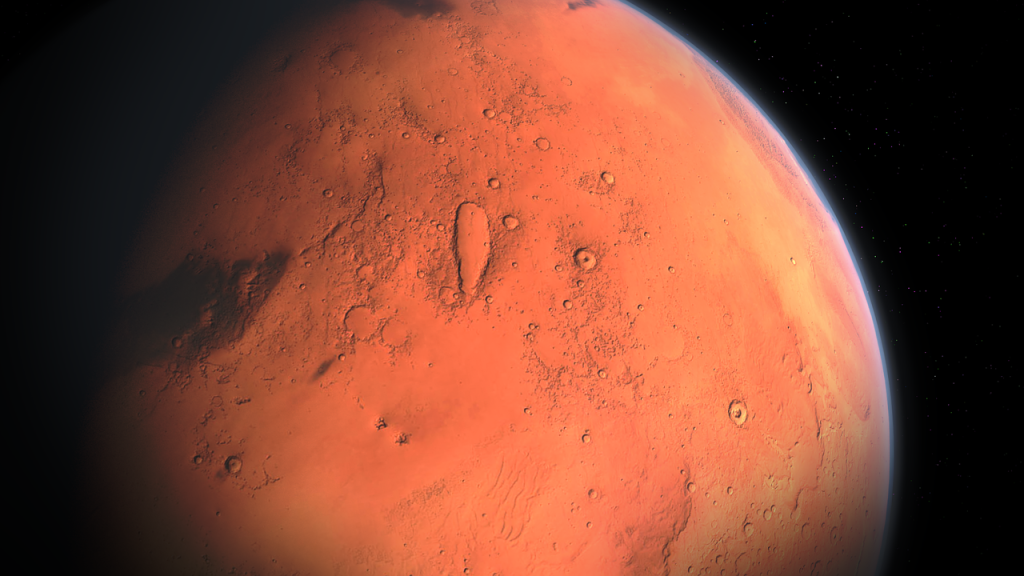

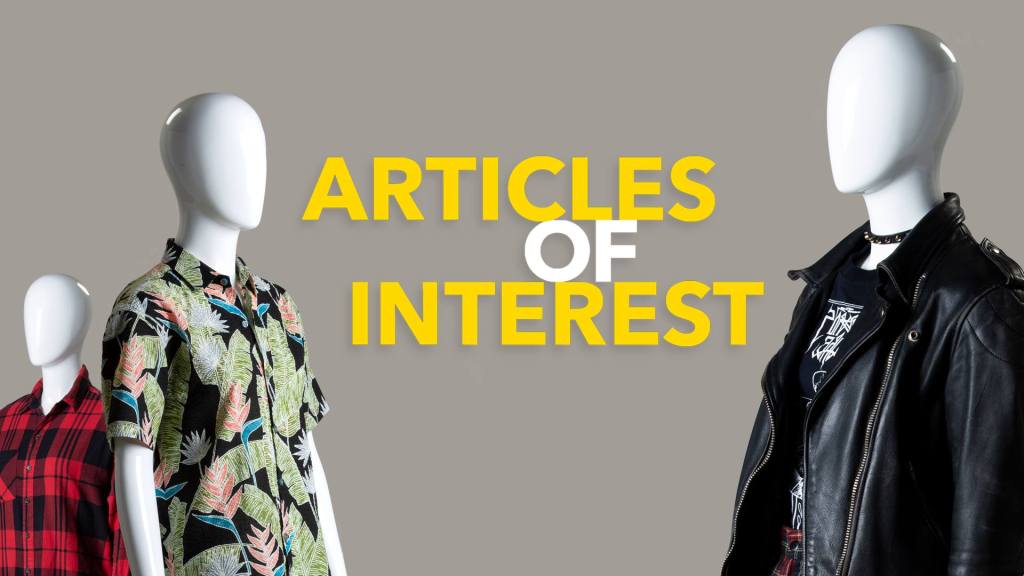

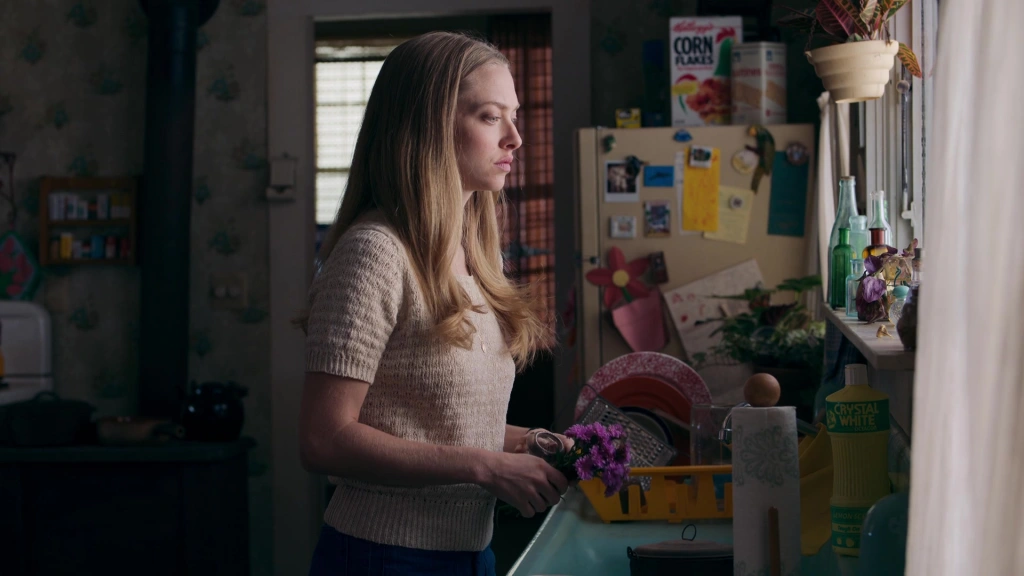
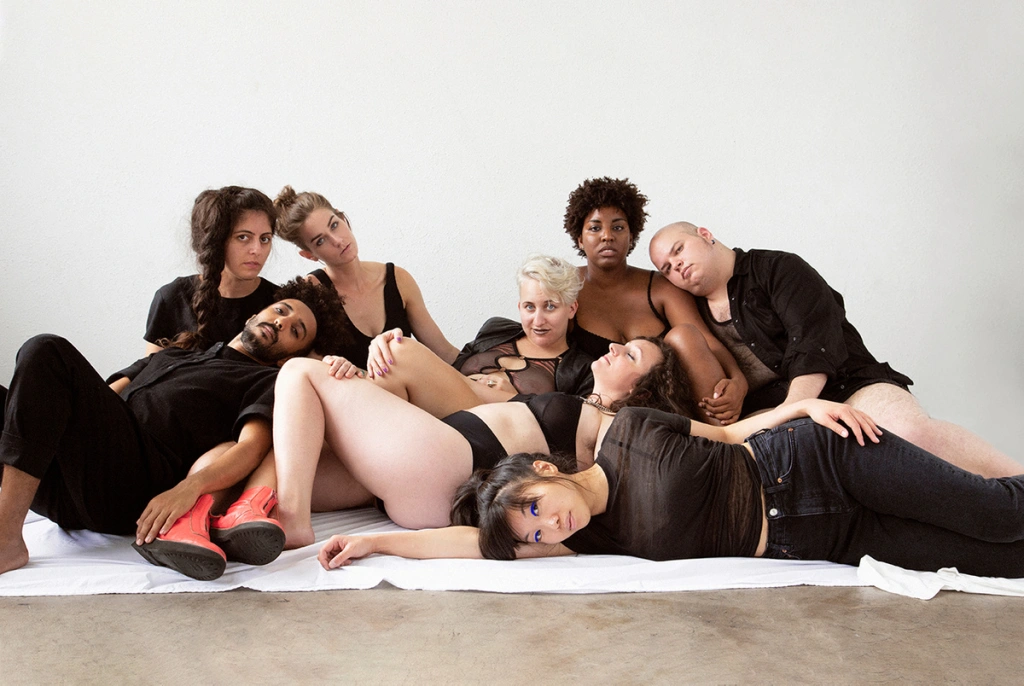
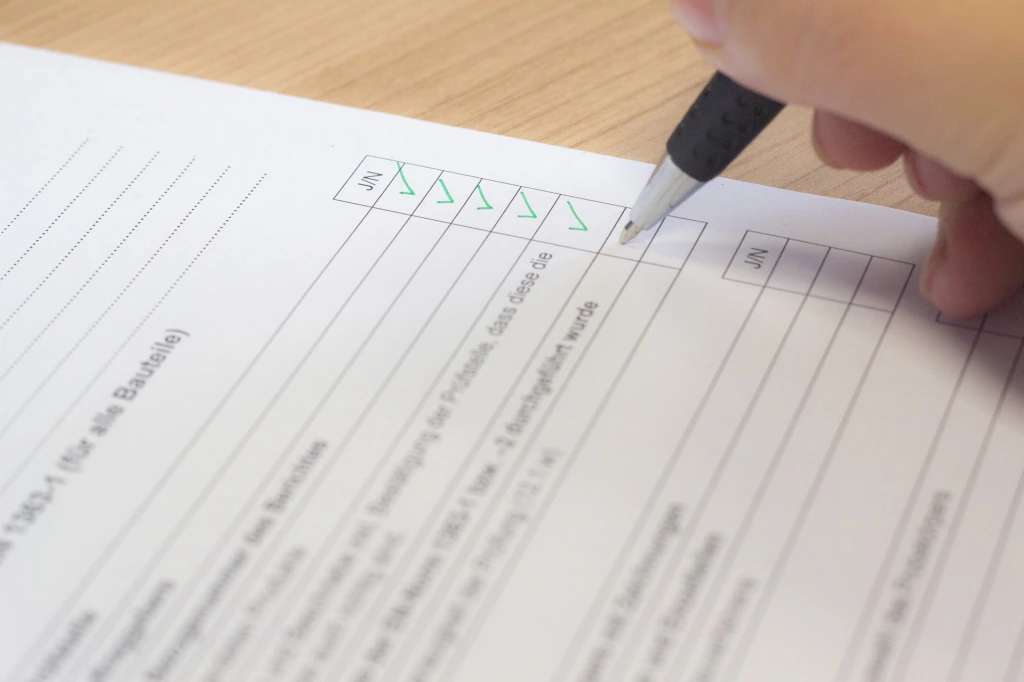
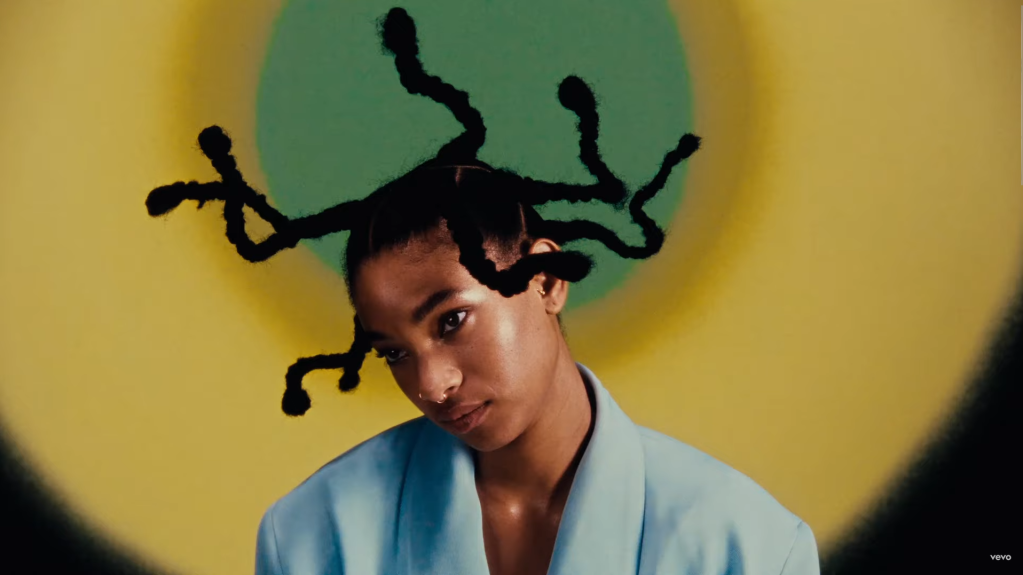
Leave a comment